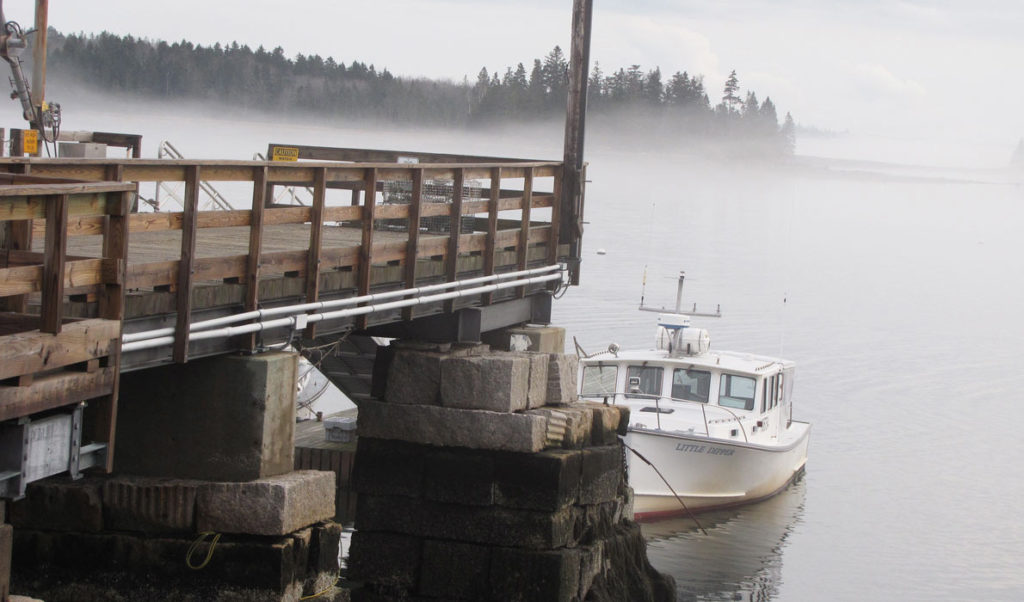Reflections is a monthly column written by Island Fellows, recent college grads who do community service work on Maine islands and in remote coastal communities through the Island Institute, publisher of The Working Waterfront.
The first night I moved to Islesboro, I woke up in the middle of the night and was instantly aware of how quiet it was.
The word quiet does not even seem to capture the silence I experienced, because the word connotes only one sense being engaged. This was the kind of quiet that you could feel. The kind of quiet that makes it possible to imagine what it would be like to be the last inhabitant of earth. It was a lonely quiet, intensified by the paranoia that anyone who has lived alone in a big house can understand.
Before moving to Islesboro, I rarely engaged with silence. I lived in college housing with roommates, and on a busy Denver street before that. I had a constant stream of noise to remind me that I was not alone, even at 2 in the morning.
The idea of being alone is a foreign concept to many young people. Like many recent college graduates, I have had to adapt to not being constantly surrounded by other people.
Eating, learning, and living were all noisy, social affairs. From preschool to secondary education we are provided with a built-in set of people who we have at least one thing in common with—our age. We do not often get the chance to interact with older or younger people unless we actively seek it out. When schooling is complete, many places have a societal structure that continues this trend. I consider myself lucky to have moved to a place that doesn’t follow this pattern.
I quickly learned that if I were to limit myself to searching for friendships in my age group, I would eliminate 95 percent of the community. It hasn’t been circumstance that led to me making friends, but rather the friendly and welcoming nature of this island’s inhabitants.
I have friends at the preschool, who remind me of the importance of splashing in mud puddles. I have friends at the Boardman Cottage, the elderly care facility, who remind me that I am not as clever as I think I am when I inevitably lose our gin rummy game. I am friends with people who range in age from newborns to twice my age, who remind me that I need to call my mom.
And yes, I have friends my own age as well.
I have become a walking advertisement for the importance of intergenerational friendships. I say advertisement because intergenerational programming is one of the goals of my fellowship. This means creating opportunities for groups such as the preschool, the elder care facility, and our afterschool program to interact and have fun. This shakes up isolated age sectors and ensures that the young people on this island won’t have to wait 22 years to make their first intergenerational friend.
Programs like this have been shown to benefit the social and cognitive health and development of everyone involved. They also bring joy and opportunities for growth, at least in my experience so far.
Living on an island makes some things more difficult, but it has made stepping outside of the age bubble a lot easier. Instead of living in a city and working at a start-up, I live in a big house on a few acres of land and work in a role that puts me into contact with all kinds of different people.
And now when I wake up in the middle of the night, I don’t mind the quiet. That’s because I know it isn’t due to a lack of people. I see it for what it is—one of the many benefits of calling Islesboro home.
Madeline Bruno works at the Islesboro Community Center with intergenerational collaborations between the elder care facility, the preschool center, and the community center. She is a graduate of Bates College.





